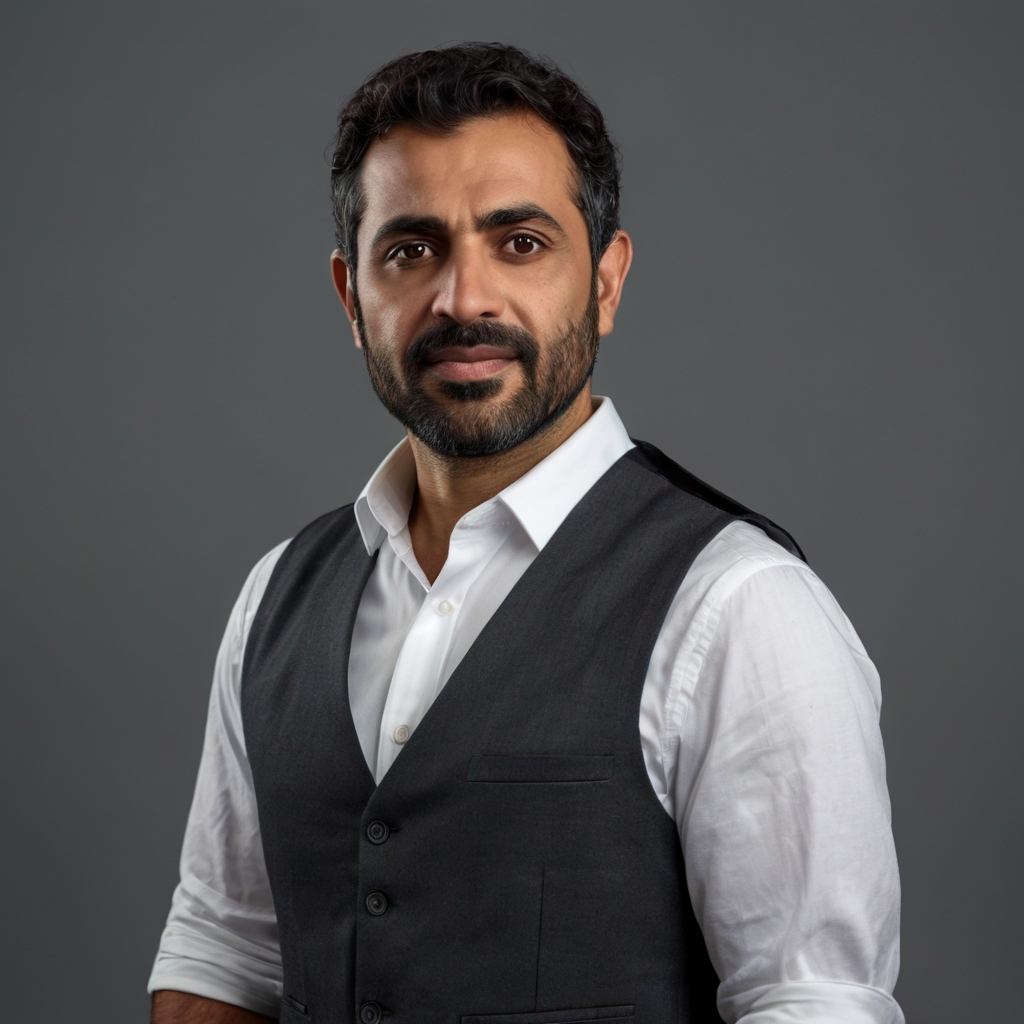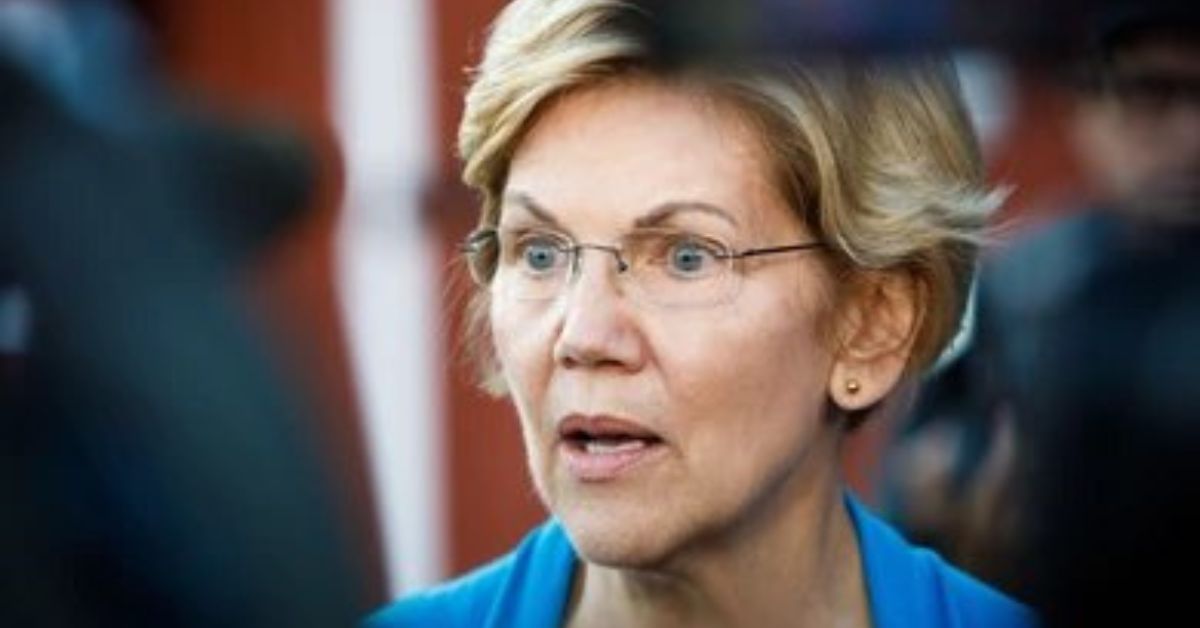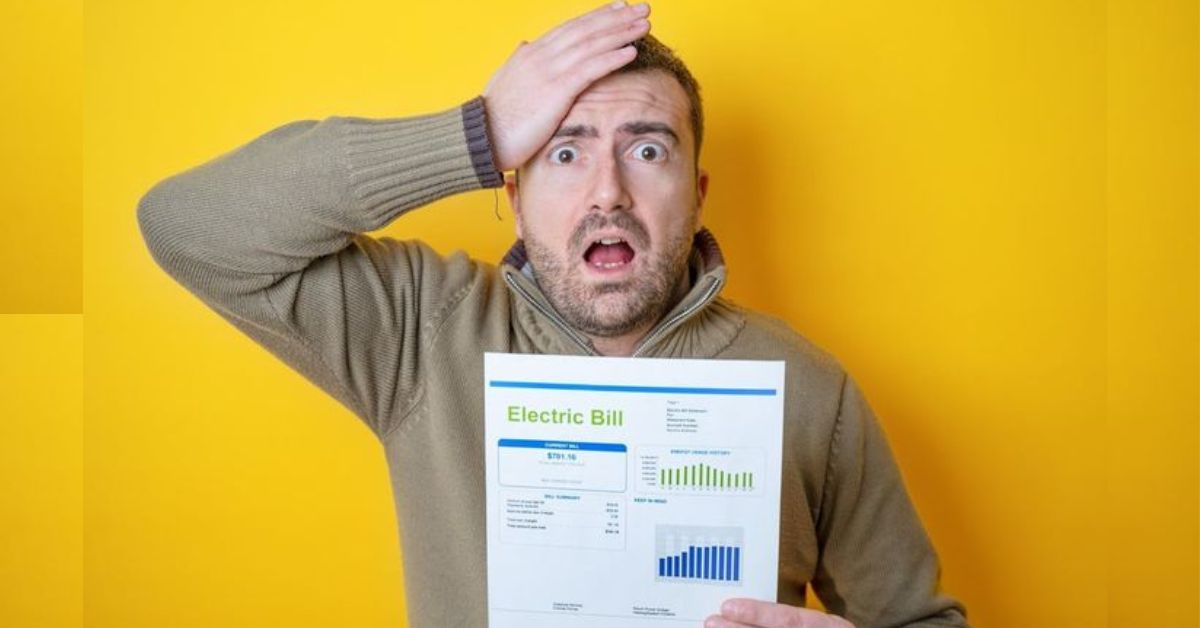WASHINGTON, D.C. — Sen. Elizabeth Warren (D-Mass.) sharply criticized Elon Musk’s SpaceX on Monday, August 18, 2025, alleging the company exploits tax loopholes to pay minimal federal taxes while reaping billions in U.S. government contracts. In a post on X, Warren declared, “Elon Musk’s SpaceX is worth over $350 BILLION – after receiving billions in government contracts – but could be paying LESS in taxes than you,” attributing the issue to Trump-era tax reforms that she claims Republicans “rigged” for corporate giants, per Benzinga.
A New York Times report, cited by Warren, revealed SpaceX has avoided federal income tax on roughly $5 billion in taxable income since 2002, leveraging a net operating loss carryforward provision expanded under Trump’s 2017 Tax Cuts and Jobs Act. Despite receiving tens of billions in federal contracts, including $3.8 billion from NASA in 2024, SpaceX paid only $483,000 to foreign governments and $78,000 in state taxes in 2021. Warren highlighted SpaceX’s projected $15.5 billion revenue in 2025, driven by Starlink’s 2.5 million users and $8 billion in 2023 sales, per Benzinga.
Key points from Warren’s critique include:
- Tax Disparity: SpaceX’s minimal tax contributions despite massive federal funding.
- Trump’s Influence: 2017 tax law changes enabling indefinite loss carryforwards.
- Musk’s Conflicts: Warren’s June report alleged 100+ abuses of power by Musk as a Trump adviser.
Warren’s remarks echo her broader push against corporate tax evasion, with posts on X from users like @JoeHonestTruth amplifying her stance. Critics, however, argue SpaceX’s innovations, like reusable rockets, justify its contracts. As SpaceX’s valuation soars, the debate over tax fairness and government reliance intensifies, with Warren demanding an end to “corporate handouts.”
Source: Benzinga
Author
-

Tyler Grayson brings global events to your screen with clarity, depth, and context. With a background in political science and international relations, Tyler covers diplomacy, global conflicts, climate issues, and major policy shifts with a balanced, facts-first approach. His reporting connects the dots between headlines and their real-world impact.







